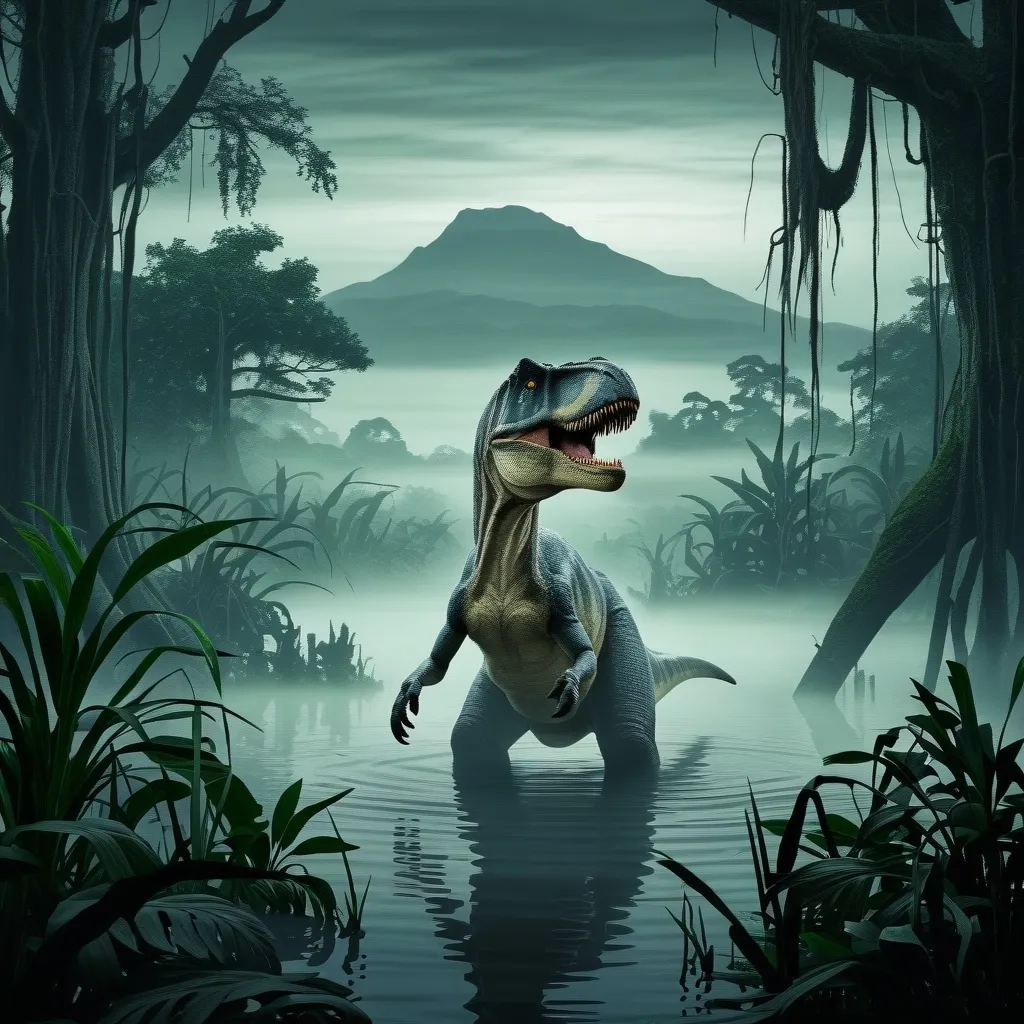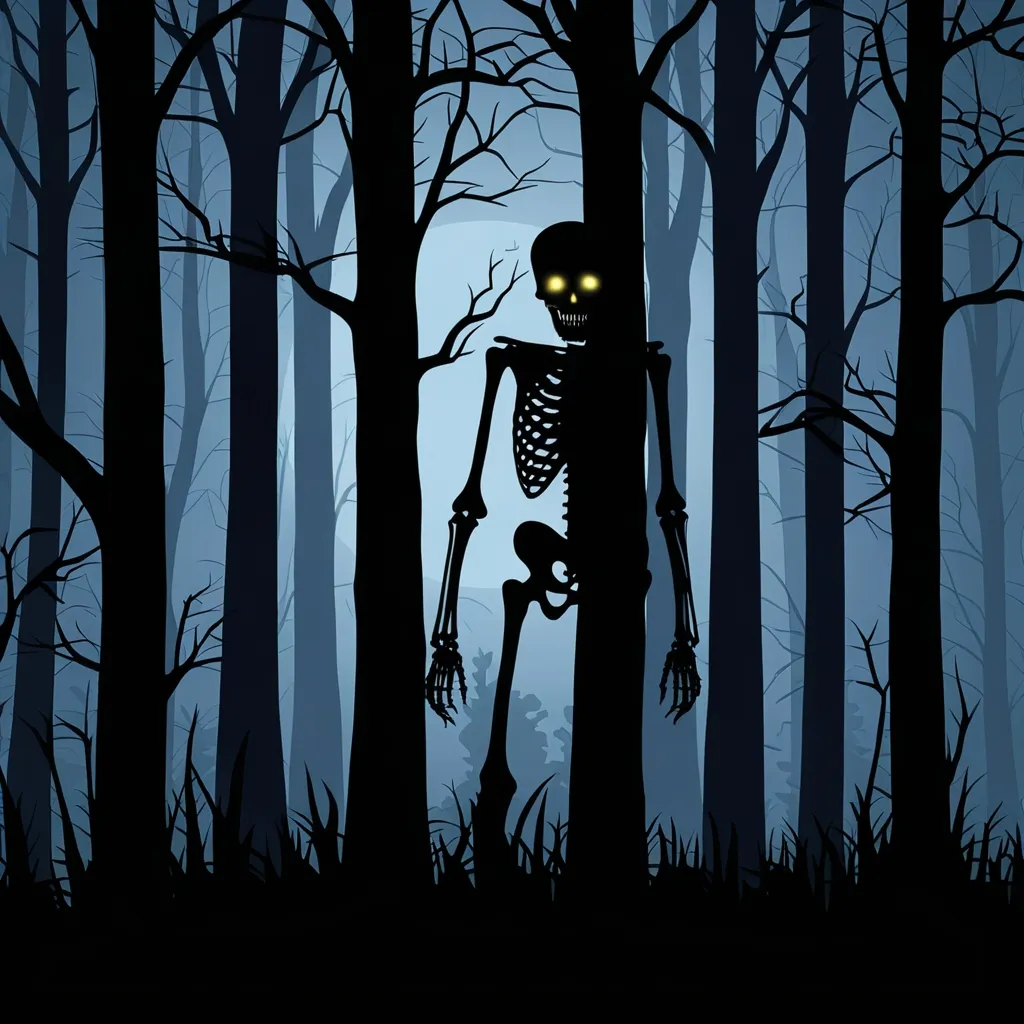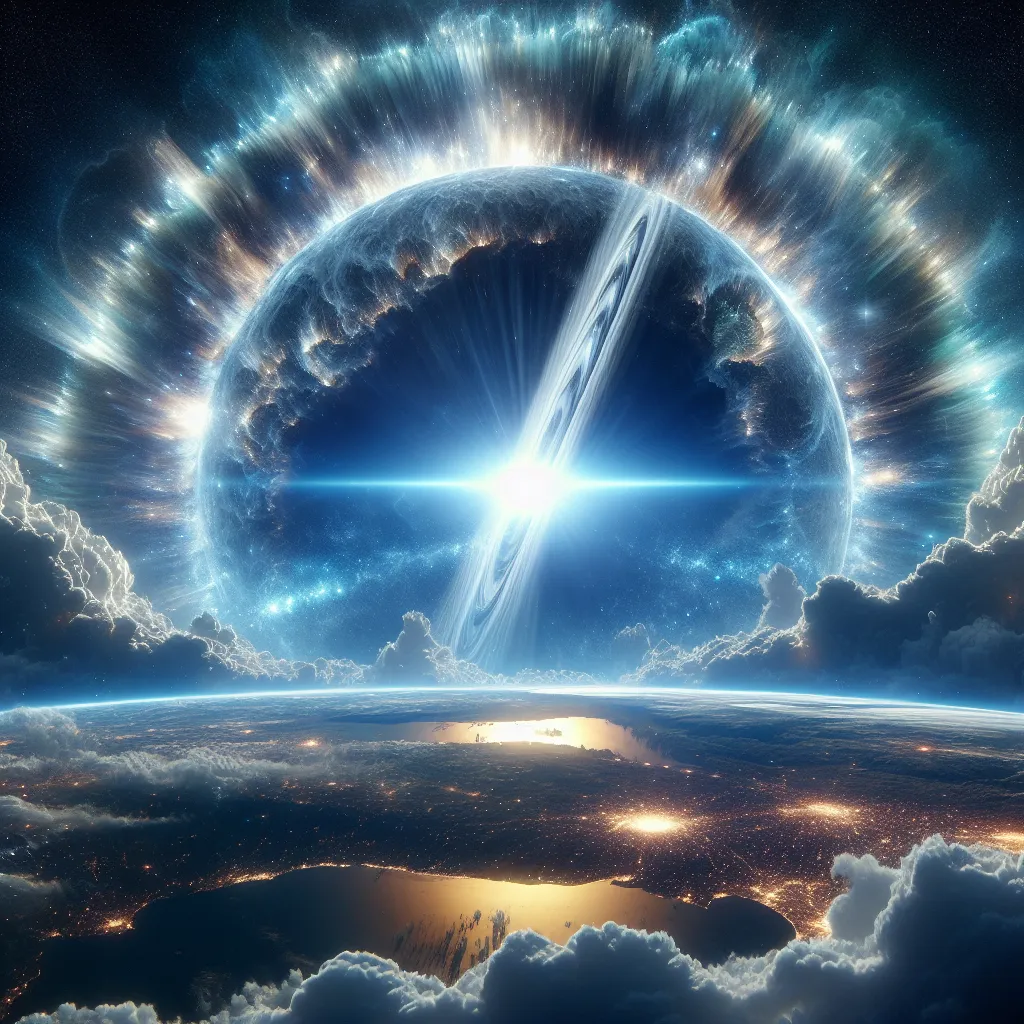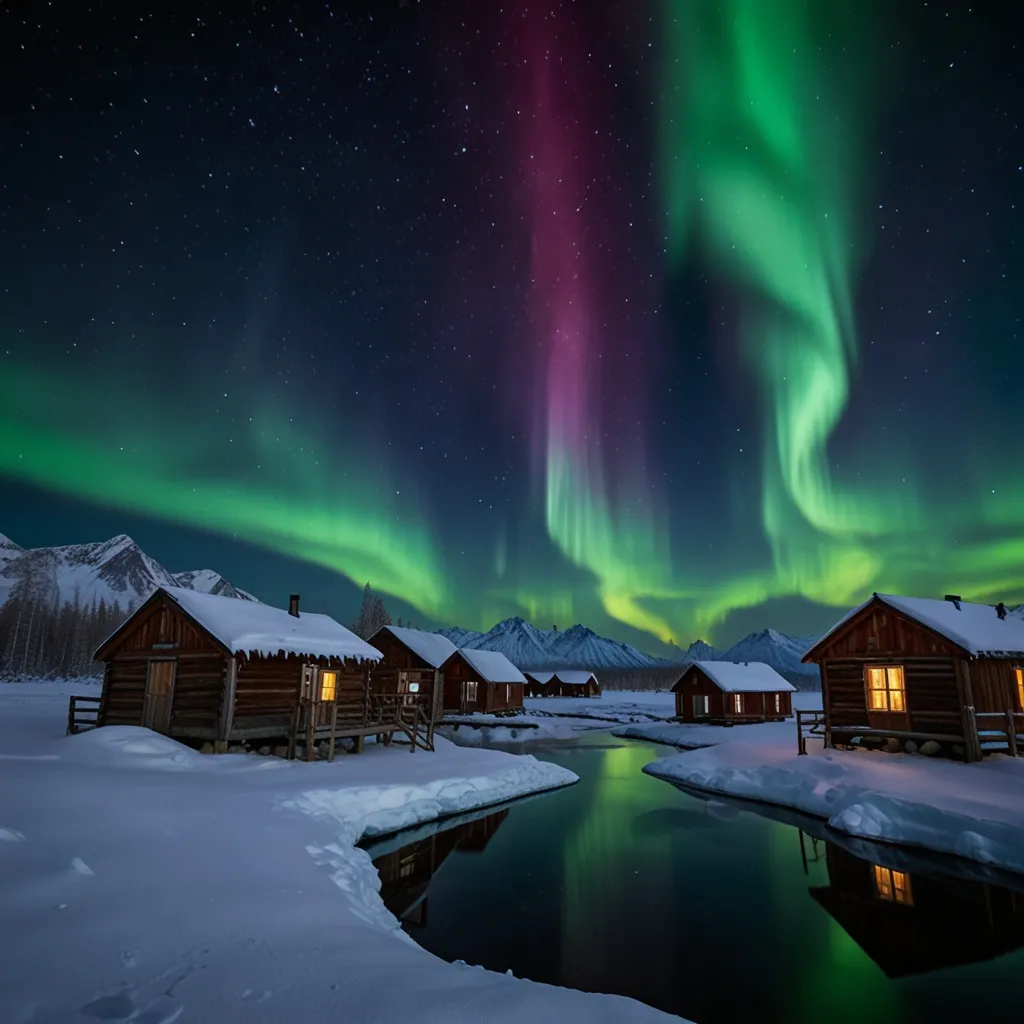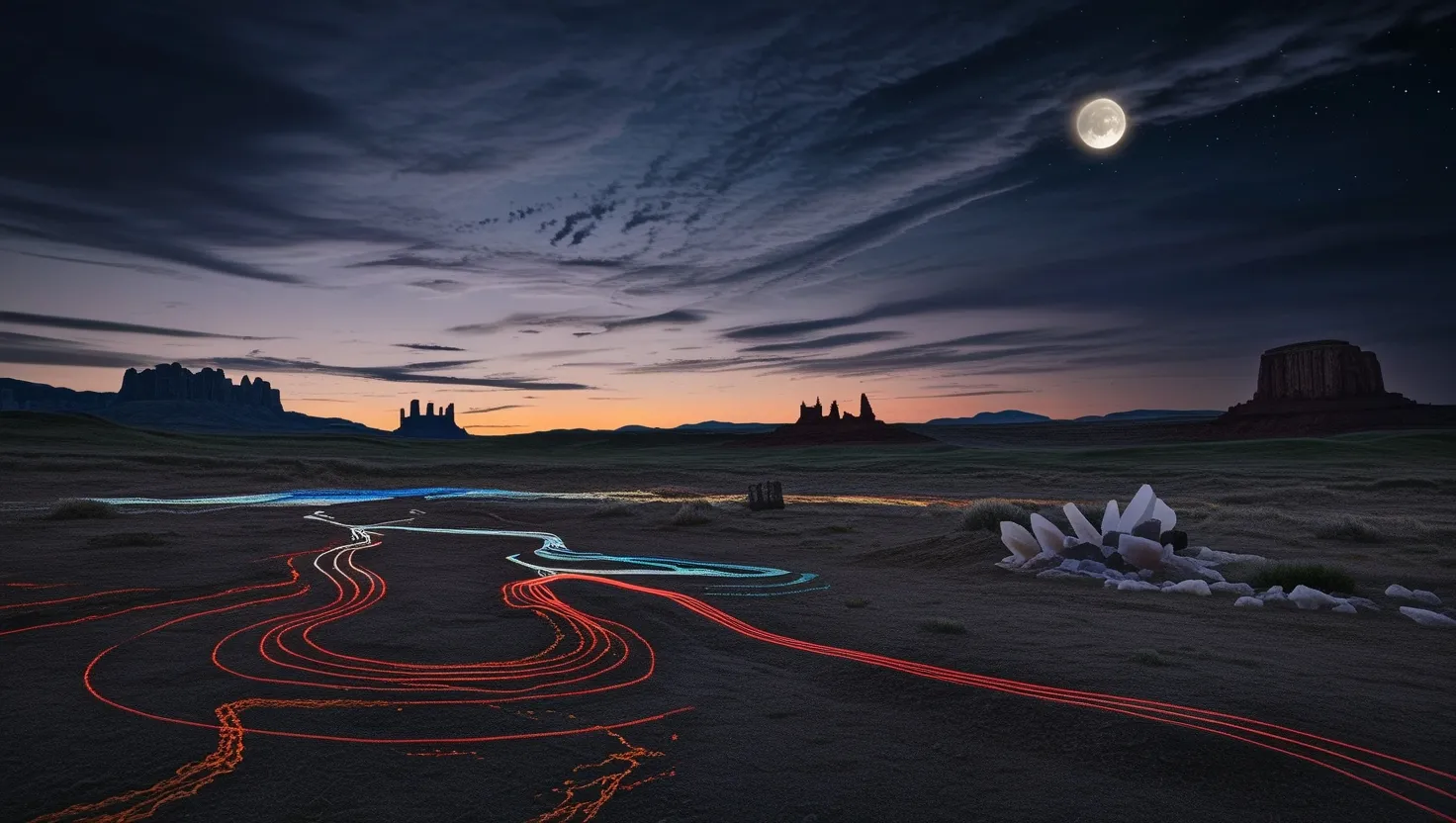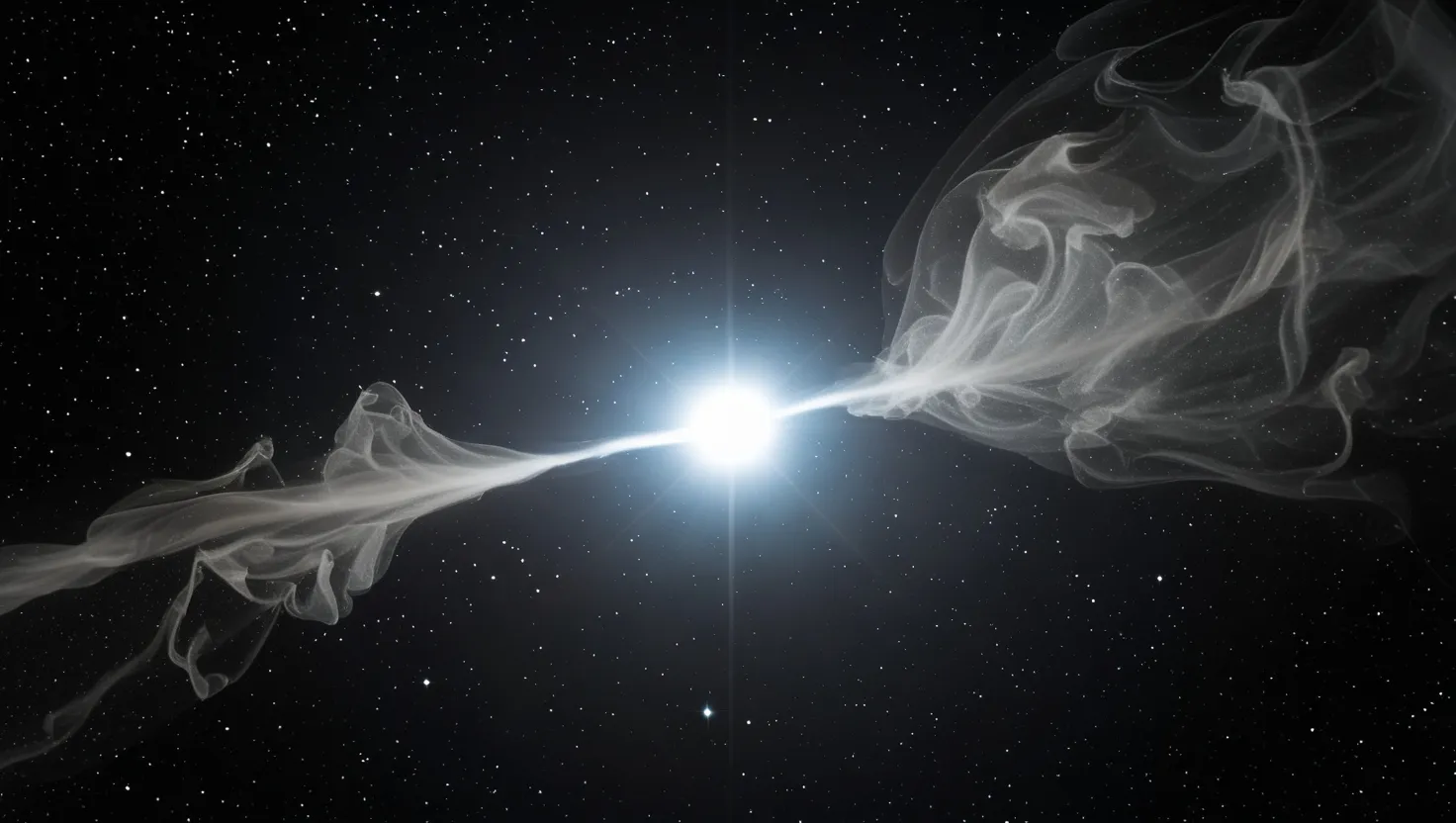The Legend of Mokele-Mbembe: Africa’s Living Dinosaur
Deep in the heart of the Congo Basin, a mysterious creature has captured the imagination of adventurers and cryptozoologists for centuries. Known as Mokele-Mbembe, this legendary beast is often described as a living dinosaur, lurking in the remote swamps and rivers of Central Africa.
The name Mokele-Mbembe means “one who stops the flow of rivers” in the local Lingala language. It’s a fitting title for a water-dwelling giant said to inhabit the region’s waterways. In another dialect, it’s called “emeula ntouka,” which translates to “eater of the top palms.” This name hints at the creature’s supposed diet of riverbank vegetation.
So, what exactly is Mokele-Mbembe? Well, descriptions vary, but most accounts paint a picture of a massive, four-legged herbivore. Imagine a beast with smooth, grayish-brown skin, a long, flexible neck, and a tail like a crocodile’s. Some say it has three-clawed feet as big as frying pans and stands as tall as an elephant. If you’re thinking it sounds a lot like a sauropod dinosaur, you’re not alone. The resemblance to creatures like the brontosaurus is uncanny, which is why Mokele-Mbembe has sparked so much interest and debate.
The legend of Mokele-Mbembe really took off in the Western world during the early 20th century. It was a time when people were crazy about dinosaurs, and there was this weird idea floating around that Africa hadn’t changed much since prehistoric times. Of course, we know better now, but back then, it made the idea of living dinosaurs in unexplored African jungles seem almost plausible.
One of the first big names to write about Mokele-Mbembe was Carl Hagenbeck, a zoologist who mentioned the creature in his 1909 book “Beasts and Men.” But it was the expeditions of Roy Mackal and James Powell in the 1980s that really put Mokele-Mbembe on the map. Mackal, a biologist from the University of Chicago, went deep into the Congo swamps and collected a ton of eyewitness reports. He even got his hands on a photo of what was claimed to be a Mokele-Mbembe footprint. Mackal wrote all about his adventures in his book “A Living Dinosaur? In Search Of Mokele-Mbembe.”
Despite all the excitement, there’s still no hard evidence that Mokele-Mbembe actually exists. But that hasn’t stopped people from looking. In 1981, a guy named Herman Regusters led an expedition to Lake Tele and came back with some intriguing stuff - droppings, footprint casts, and weird sound recordings. But these findings haven’t been scientifically verified, so the mystery remains.
Mokele-Mbembe has become a bit of a celebrity in pop culture, too. It’s inspired all sorts of fictional creatures in books, movies, and TV shows. Sometimes it’s portrayed as a terrifying prehistoric monster, like something out of “Jurassic Park.” Other times, it’s more of a gentle giant, guarding hidden realms in the jungle. This mix of folklore and modern storytelling has kept the legend of Mokele-Mbembe alive and kicking.
But let’s be real for a second. Most mainstream scientists are pretty skeptical about Mokele-Mbembe. Many think it’s just a legend based on the black rhinoceros, which used to be common in the region but is now pretty rare. The rhino’s size and distinctive horn could easily be exaggerated in stories passed down through generations.
There was this interesting moment in 2001 when a BBC documentary showed some Biaka pygmies a book of wildlife illustrations. When asked about Mokele-Mbembe, they pointed to a picture of a rhinoceros. Now, that’s weird because rhinos aren’t really found in the Congo Basin anymore. It makes you wonder if Mokele-Mbembe might be a mix of old stories from when rhinos were more common and pure imagination.
But here’s the thing - whether Mokele-Mbembe is real or not, its legend is fascinating. It’s not just about the possibility of a living dinosaur. It’s about the thrill of adventure, the lure of the unknown, and the excitement of potentially discovering something extraordinary. For the brave souls who venture into the dense jungles and swamps of the Congo, the idea of finding a creature that time forgot is incredibly exciting.
The search for Mokele-Mbembe continues in the Likouala swamp region of the Congo Basin. This area is massive - about the size of New York - and it’s one of the last truly wild places on Earth. It’s full of deep pools and underwater caves, the perfect hiding spot for a mysterious creature. In a place like this, it’s easy to see how the line between reality and myth can get blurry.
For cryptozoologists (people who study animals whose existence is unproven), Mokele-Mbembe is like the holy grail. It represents the dream of uncovering a secret that’s been hidden for millions of years. Even if they never find the actual creature, the journey itself is an adventure into some of Africa’s most remote and mysterious landscapes.
The legend of Mokele-Mbembe reminds us that despite all our technology and scientific knowledge, there are still places on Earth where the unknown thrives. It’s a symbol of the mysteries that surround us and the adventures waiting for those brave enough to explore the uncharted corners of our world.
In the end, whether Mokele-Mbembe is a living dinosaur, a misidentified known animal, or just a myth, its impact on our imagination is undeniable. It makes us wonder about what else might be out there, hidden in the vast, unexplored regions of our planet. It sparks our curiosity and fuels our desire to explore and discover.
The story of Mokele-Mbembe is also a reminder of the rich oral traditions and folklore of indigenous peoples. These stories, passed down through generations, often contain kernels of truth about the natural world, even if they’re wrapped in layers of myth and legend. They’re a valuable part of human culture and can sometimes lead to real scientific discoveries.
As we continue to explore and study the natural world, it’s important to keep an open mind. While it’s unlikely that a large dinosaur-like creature has survived undetected for millions of years, nature has surprised us before. New species are discovered regularly, especially in remote and hard-to-access areas like the Congo Basin.
The search for Mokele-Mbembe has also brought attention to the importance of preserving these wild, unexplored areas. The Congo Basin is home to an incredible diversity of plant and animal life, much of which is threatened by deforestation and other human activities. By protecting these habitats, we’re not just preserving the possibility of discovering unknown creatures - we’re safeguarding a crucial part of our planet’s biodiversity.
So, while we may never find concrete evidence of Mokele-Mbembe’s existence, the legend serves a valuable purpose. It inspires us to explore, to question, and to marvel at the mysteries of the natural world. It reminds us that there’s still so much to learn about our planet and its inhabitants.
Who knows? Maybe someday, deep in the heart of the Congo, someone will stumble upon something truly extraordinary. Until then, the legend of Mokele-Mbembe will continue to captivate our imaginations and fuel our sense of wonder about the world around us.
